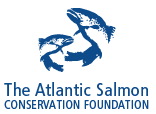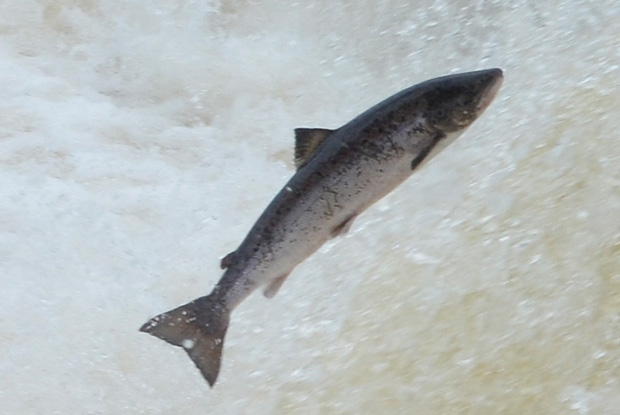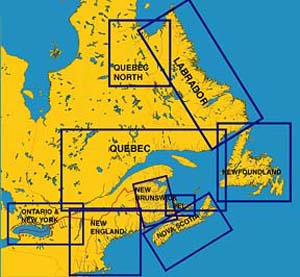St Andrews, New Brunswick, Canada , July 2014
, July 2014
[dropcap]T[/dropcap]he Atlantic Salmon Federation (ASF) commends the Fédération Québécoise pour le Saumon Atlantique (FQSA) for calling on the Quebec government to implement mandatory live release of all Atlantic salmon over 63 centimeters (about 25 -inches) due to low numbers.
Recognizing that both salmon and grilse (mature salmon less than 63 cm long) numbers are low in many rivers so far this season, ASF urges anglers throughout eastern Canada to release all the salmon they catch, whether large or small.
“We are well into the season when Atlantic salmon migrate back to their home rivers from far-away feeding grounds and indications are that, for the majority of rivers, these returns are down for both large salmon and grilse,” said ASF President Bill Taylor.
ASF strongly promotes live release, especially in rivers that are not meeting their conservation limits.
“It will pay anglers to exercise caution by carefully releasing all their salmon and grilse to ensure they spawn and contribute to sustainable runs in future years,” said Taylor. “Despite our hope that runs are just late, it is possible that the decreased numbers we are seeing now will not improve much during the remainder of the 2014 season.”
Quebec is the only province in Canada where anglers can kill large Atlantic salmon. In 2013, anglers fishing in Quebec killed 2,932 large salmon which was an increase over the 2,680 large salmon killed in 2012. Last year, throughout eastern Canada, anglers killed 35,627 grilse, an increase of 5,174 over the 30,453 killed in 2012.
- In Quebec, several rivers are showing a significant drop in numbers including the Matane River, and the Matapedia River.
- In New Brunswick, numbers appear to be down on both the Northwest and Southwest Miramichi River systems, when compared with last year, which was also a poor year. Meanwhile, on parts of the Restigouche, there are reports of grilse numbers being way down and large salmon being lower than last year.
- In Newfoundland, counting fence information from Fisheries and Oceans Canada, indicates that some of the most important salmon rivers, including the Exploits River, have much lower returns when compared with last year.
“ASF greatly appreciates the tremendous leadership shown by anglers who are currently practicing live release angling and encouraging those around them to practice it as well,” said Taylor. “Reduced harvest of salmon is one aspect of conservation that is within our control. When governments do not appear up to the challenge of stopping the kill, conservation-minded anglers can voluntarily accomplish this through releasing all their salmon.”
Tips for a successful live release (research shows that when utilizing proper techniques and with good conditions, survival is virtually 100 %):
- If a net is used, use knotless cotton, plastic coated or rubber
- Support the fish gently while facing upstream
- Keep the fish in water at all times, even for pictures
- Use barbless, single hooks
- Don’t fish during warm water conditions
- Break off fish that have been on the line too long
Click here to view a video on performing a proper live release . . .
For the latest salmon return numbers in the Newfoundland and Labrador Region click here . . .
For the latest cumulative counts to date of salmon in New Brunswick and Nova Scotia click here . . .
For the latest cumulative counts to date of grilse in New Brunswick and Nova Scotia click here . . .
ASF River Notes (for updates on salmon returns and more click here . . .
About ASF
The Atlantic Salmon Federation is dedicated to the conservation, protection and restoration of wild Atlantic salmon and the ecosystems on which their well-being and survival depend. ASF has a network of seven regional councils (New Brunswick, Nova Scotia, Newfoundland and Labrador, Prince Edward Island, Quebec, Maine and Western New England). The regional councils cover the freshwater range of the Atlantic salmon in Canada and the United States.
[information]
ASF Contact: Holly Johnson, Manager of Public Information: (506) 529-1033 (o)
(506) 469-1033 (c), HJohnson@asf.ca
To view this story online click here . . .
[/information]







